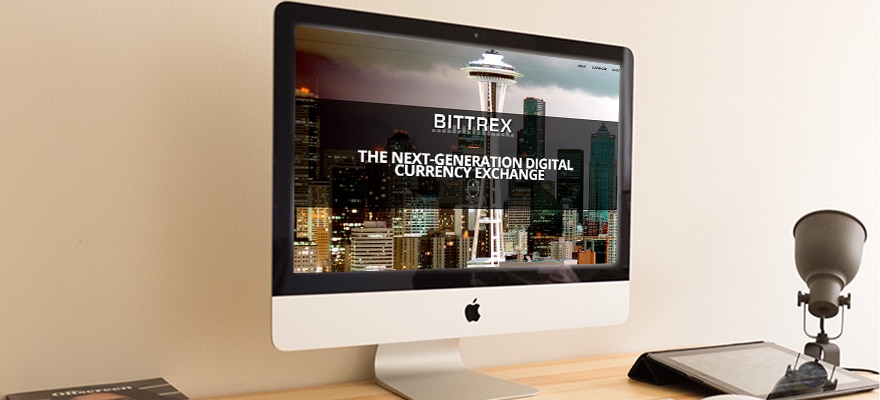, the Las Vegas-based cryptocurrency exchange, was recently in the news after its updated terms and conditions appeared to exclude Russian citizens from using its services.
On the 3rd of February, the exchange released its new terms of service, which feature the following paragraph:
“You may not use the Services if you are located in, or a citizen or resident of any state, country, territory or other jurisdiction that is embargoed by the United States or where your use of the Services would be illegal or otherwise violate any applicable law.”
The new terms are to come into effect on the 9th of March. Russian customers were worried as that country has been under sanction since 2014.
Background
The US has a long list of enemies. According to the University of Pittsburgh, countries currently under embargo are as follows:
Belarus
Cuba
Eritrea
Iran
North Korea
Syria
Venezuela
The list of countries under some kind of ‘targeted sanction’ is much longer:
Afghanistan
Balkans
Belarus
Central African Republic
Crimea – Region of Ukraine
Cyprus
Democratic Republic of the Congo
Haiti
Iraq
Lebanon
Liberia
Libya
North Korea
Russian industry sector
Sri Lanka
Somalia
Sudan
Syria
Ukraine/Russia
Venezuela
Vietnam
Yemen
Zimbabwe.
Note that included in the list is ‘Russian industry sector’ and the contested area of Crimea. For those not in the know, Russia annexed the peninsula in 2014, and was announced by the Russian prime minister as being fully integrated into Russia in July 2015.
After the military action, a referendum held in the area in 2014 showed that 96.7% of the local population were in favour of being absorbed into Russia. The Constitutional Court of Ukraine declared the vote unconstitutional, and a report accidentally published on the website of the President’s Human Rights Council of Russia suggested that the turnout was around 30%, of whom approximately half voted for Russian citizenship.
Crimea is currently considered an occupied territory under international law, and the saga led to the most wide-ranging round of sanctions against Russia since the fall of the Soviet Union. The restrictions have been a blow to the Russian economy, but the country remains defiant – , for example.
Anyway, many Russians believed that Bittrex would be blocking them from using the exchange, and many news sources reported on this.
In response, the company clarified to worried customers that this is not the case:
“The new terms of service change nothing with regard to economic sanctions. U.S. law prohibits us from doing business with residents of North Korea, Iran, the Crimean region, Syria, and Cuba. Additionally, we cannot do business with people against whom there are economic sanctions levied by the U.S. government. The federal government publishes lists of those individuals, and we screen against those lists on account opening, so if you are a current customer of Bittrex, that means you are not on the list.”
Russian customers can breathe a sigh of relief, unless they live in Crimea, North Korea, Iran, Syria, or Cuba. In which case they wouldn’t have been customers anyway, and probably would not have seen the new terms and conditions.
Russians should be thankful that they are not residents of the American states of New Hampshire, New York or Washington – if they were, they wouldn’t be able to use Poloniex, another major exchange.
Bittrex
Bittrex offers more than 250 trading pairs and is known as the preferred exchange for altcoins. It handles almost 400 billion USD in daily trading volume, according to Coinmarketcap, which makes it currently the 8th biggest in the world.
It was founded by a security engineer who had worked for Amazon and Blackberry, and has a reputation for being one of the more secure exchanges. For example, it announced in November 2017 that it was raising the minimum trade amount from 4 to 8 USD, .





Be First to Comment